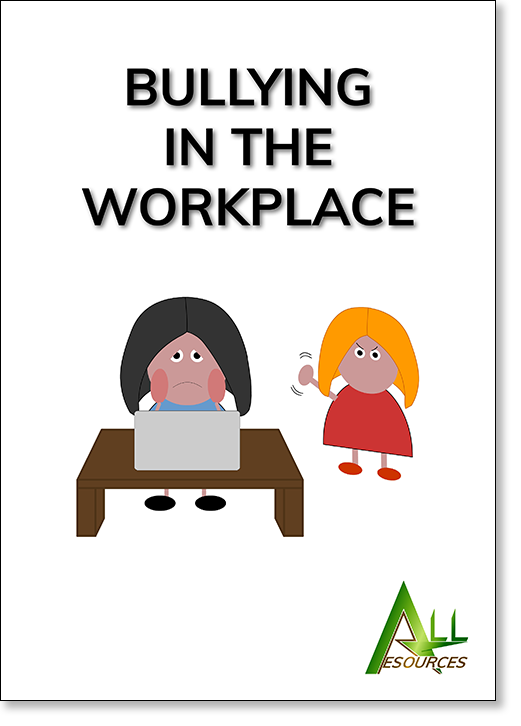
The term ‘Sunday Scaries’ is often associated with returning to work on a Monday morning after the weekend. Although it might seem a light-hearted or comical expression, many people experience this feeling, and an increasing number of employees get an impending feeling of doom on Sunday evenings because of workplace bullying. Remember — bullying is not just limited to schools. Many adults are bullied in their workplaces.
Bullying in the workplace can manifest itself directly or indirectly. While direct bullying is much easier to identify, indirect bullying is harder to prove and therefore harder to eradicate because it is difficult to pinpoint exactly where, how and if it is occurring.
The HR department or management team can deal with direct bullying as it is often in the form of verbal abuse or threats, public humiliation or physical acts of violence. As direct bullying usually has witnesses or some other form of proof, this type of bullying can be dealt with immediately.
Unfortunately, this is not the case with indirect bullying. It is usually carried out with a ‘drip, drip’ effect which causes high levels of stress and anxiety and it is harder to prove and deal with. Indirect bullying is also more subtle and includes behaviours such as exclusion, silent treatment or belittlement — making the target feel incompetent and unsuitable for their job. It can also take the form of spiteful gossip or in some cases an employee is given an impossible workload that is unrealistic or not in their job description.
A survey conducted by SME Loans in 2019 revealed that 23% of the UK workforce had experienced bullying in the workplace.
It is vital that businesses are aware of the signs of workplace bullying. It is a serious issue which can lead to anxiety, depression or other stress-related conditions. Many individuals who are subjected to workplace bullying develop health problems which mean they have to visit their GP. In many instances they are signed off work which merely provides temporary relief — it does not solve the initial problem.
One way of tackling bullying in the workplace is to have an open business policy. This is where a target of bullying feels comfortable and is encouraged to come forward to report what is happening to them. The support of HR, line managers, unions and others in authority must be consistent. The person being targeted by the workplace bully must know that their complaint is being taken seriously and the offending behaviour must be dealt with accordingly.
It is vital that a robust anti-bullying policy and the wellbeing of employees is at the centre of company policy. This rule applies to large corporations as well as SMEs and even very small companies — every effort must be taken to eradicate the toxic occurrence of workplace bullying.

Bullying in the Workplace
This pack provides guidance for companies on tackling workplace bullying, supporting the targets of bullying and ensuring the wellbeing of staff.
- Focus: Anti-bullying policies for businesses
- Category: Businesses
- Last revised: 2022
- Pages: 50
- Illustrated throughout
Hard copy: £25.99 add to basket


